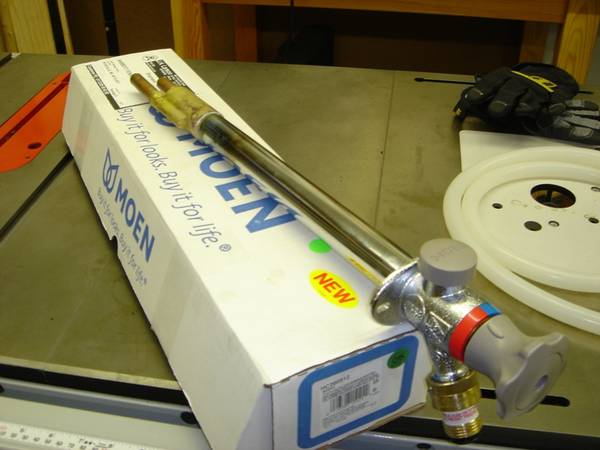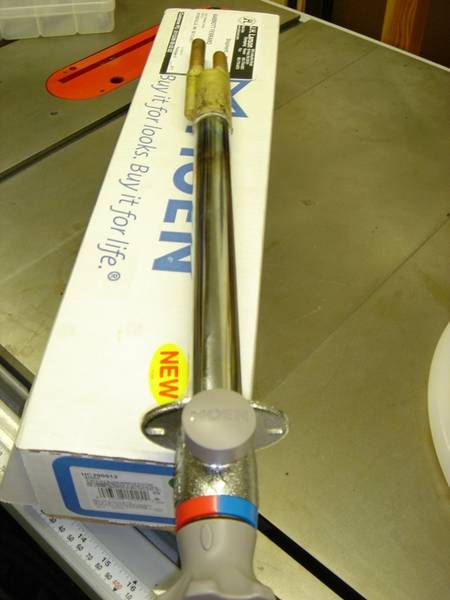Yeah. I don;t get why people post cautionary staement with nothing to back them up either. I guess it cause they heard it from "somewhere".
I'll take a somewhat edumacated stab at this tho'.
At 121*F, if that is the true temp in the tank, I would be concerned about bacterial load. I would be less concerned if you tank water temp was above 140*F. IIRC, between 80*F and 140*F are ideal temps for bacteria IF they are present in the system. Given that most water supplies are heavily treated to combat this, I doubt it's a real issue.
As for sedimentation, it is possible that the mineral load in the tank could be elevated but not likely. Yes, older tanks have sedimentation issues but taht is usually carbonate and that crap packs so hard you'd nneed a chisel to break it loose once it builds up. Most newer tanks have innard designed to minimize sedimentation within the tank.
I suggest you try this, fill a clear glass with your piping hot water and look at it for a while. If it's cloudy or you see a notable amount of "debris" floating around seriously re-consider. Likely, you will at first see cloudy water from air entrainment (thanks to the bubbler) and it will quickly clear.
Let the glass set for a while and check on it later for any sediment in the bottom of the glass. If the bottom of the glass gets coated, re-consider.
If all looks good I say go for it. I mean you ARE still going to boil right?
At the least you won't have need to heat cleaning water and you should be able to reduce the time to boil.
Also know that if you filter your water that most filters break down, or begin to, at 100*F. You can buy specialty filters at a higher rated temp but they are costly.
Personally, I would love to have a hose bib in the garage for brewing. As it goes right now, I run a hose from the bath faucet. One day I plan to install a bib in the garage furnace closet.













